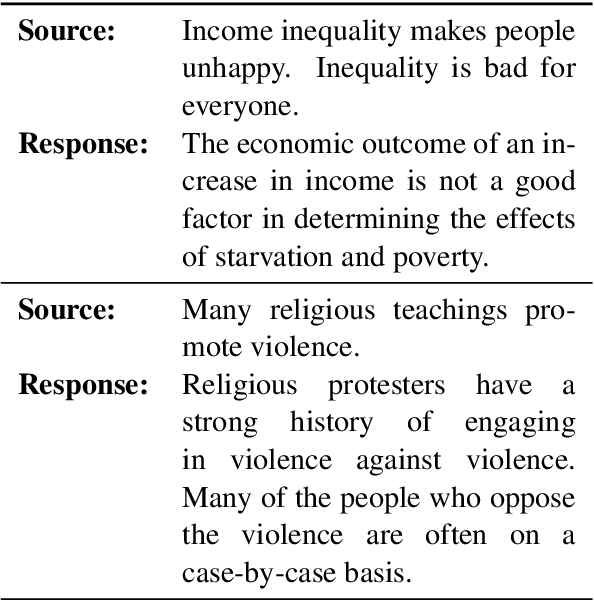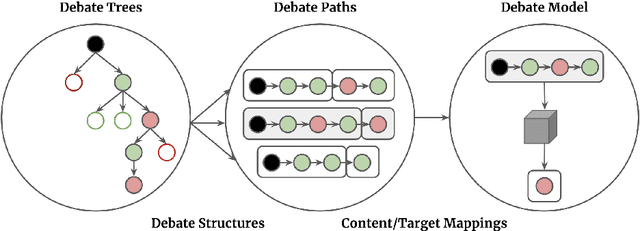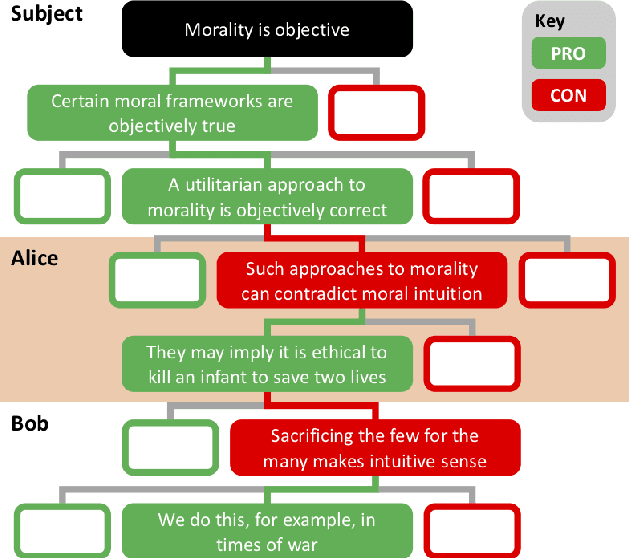Alex Calderwood
Clicking some of the silly options: Exploring Player Motivation in Static and Dynamic Educational Interactive Narratives
May 13, 2025



Abstract:Motivation is an important factor underlying successful learning. Previous research has demonstrated the positive effects that static interactive narrative games can have on motivation. Concurrently, advances in AI have made dynamic and adaptive approaches to interactive narrative increasingly accessible. However, limited work has explored the impact that dynamic narratives can have on learner motivation. In this paper, we compare two versions of Academical, a choice-based educational interactive narrative game about research ethics. One version employs a traditional hand-authored branching plot (i.e., static narrative) while the other dynamically sequences plots during play (i.e., dynamic narrative). Results highlight the importance of responsive content and a variety of choices for player engagement, while also illustrating the challenge of balancing pedagogical goals with the dynamic aspects of narrative. We also discuss design implications that arise from these findings. Ultimately, this work provides initial steps to illuminate the emerging potential of AI-driven dynamic narrative in educational games.
Phraselette: A Poet's Procedural Palette
Mar 08, 2025Abstract:According to the recently introduced theory of artistic support tools, creativity support tools exert normative influences over artistic production, instantiating a normative ground that shapes both the process and product of artistic expression. We argue that the normative ground of most existing automated writing tools is misaligned with writerly values and identify a potential alternative frame-material writing support-for experimental poetry tools that flexibly support the finding, processing, transforming, and shaping of text(s). Based on this frame, we introduce Phraselette, an artistic material writing support interface that helps experimental poets search for words and phrases. To provide material writing support, Phraselette is designed to counter the dominant mode of automated writing tools, while offering language model affordances in line with writerly values. We further report on an extended expert evaluation involving 10 published poets that indicates support for both our framing of material writing support and for Phraselette itself.
High Quality Real-Time Structured Debate Generation
Dec 01, 2020



Abstract:Automatically generating debates is a challenging task that requires an understanding of arguments and how to negate or support them. In this work we define debate trees and paths for generating debates while enforcing a high level structure and grammar. We leverage a large corpus of tree-structured debates that have metadata associated with each argument. We develop a framework for generating plausible debates which is agnostic to the sentence embedding model. Our results demonstrate the ability to generate debates in real-time on complex topics at a quality that is close to humans, as evaluated by the style, content, and strategy metrics used for judging competitive human debates. In the spirit of reproducible research we make our data, models, and code publicly available.
 Add to Chrome
Add to Chrome Add to Firefox
Add to Firefox Add to Edge
Add to Edge